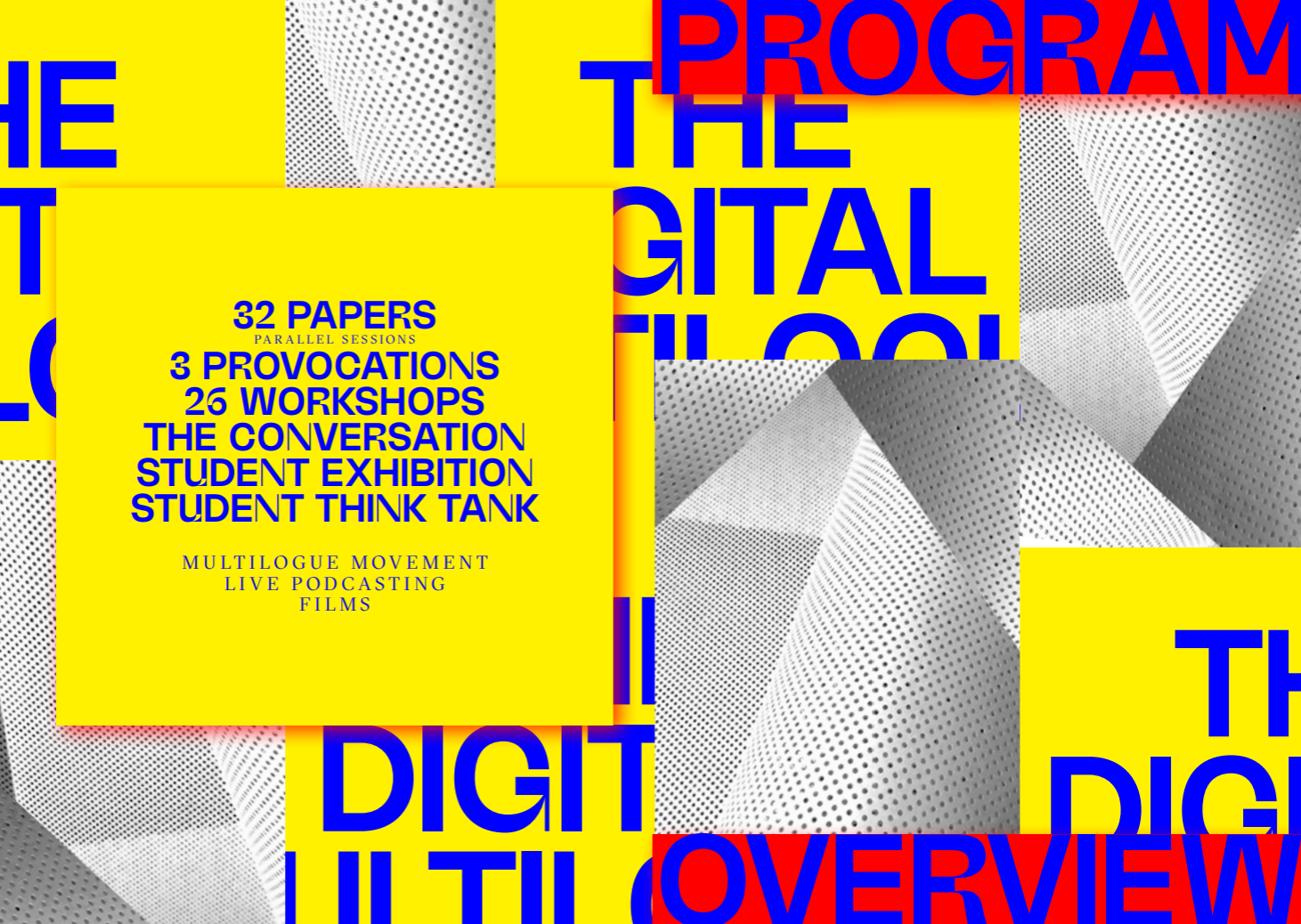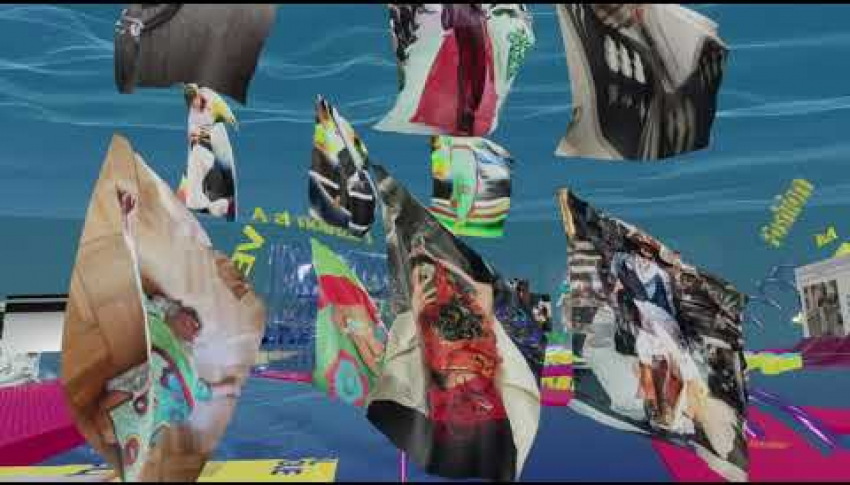- About AUP
- History of AUP
- Mission & Core Values
- Vision and Leadership
- AUP Recognition
- Alumni Success
- Campus Development
- Arts at AUP
- Policies & Guidelines
- Academics
- Undergraduate
- Graduate Programs
- MA in Diplomacy and International Law
- MA in Global Communications
- MSc in Human Rights and Data Science
- MA in International Affairs
- MA in International Affairs, Conflict Resolution, and Civil Society Development
- MSc in International Management
- MSc in Strategic Brand Management
- Find Your Thesis Advisor
- Previous Programs
- Cultural Program
- Faculty
- Summer School
- Research Centers
- The Center for Critical Democracy Studies
- Upcoming Events
- Research Projects
- Fellows’ Publications
- Publishing
- Curriculum
- Community
- Partnerships
- Visiting Scholars
- CCDS Highlights
- Atelier de Théorie Politique – Paris
- Critical Theory 101: Future Directions and New Challenges
- Martti Koskenniemi on “The Law of International Society: A Road not Taken”
- Academic Freedom Symposium
- Tocqueville Colloque 2023
- Violent Turns Conference
- Degenerations of Democracy
- DEMOS21 Inaugural Event
- What Demos for the 21st Century?
- The Paris Centennial Conference
- Justice Stephen Breyer
- Civic Jazz - The Launch of the Center
- Past Events
- FR
- The Center for Writers and Translators
- The George and Irina Schaeffer Center for the Study of Genocide, Human Rights and Conflict Prevention
- The Joy and Edward Frieman Environmental Science Center
- The Center for Media, Communication & Global Change
- The Center for Critical Democracy Studies
- Departments
- Academic Resources
- Academic Affairs
- Academic Calendar
- Academic Resource Center
- Library
- Registrar's Office
- Teaching and Learning Center
- Accessibility & Accommodation Services
- AI@AUP: A Campus-Level Initiative
- Quai D'Orsay Learning Commons
- Paris as Classroom
- ACE
- Admissions
- Student Life
- Campus
- Student Leadership & Involvement
- Paris
- Support Services
- Student Life Help Desk
- Student Accounting Services
- Student Immigration Services
- Student Grievance Procedure
- Diversity and Inclusion
- Health & Well-being
- Digital Student Handbook
- News
- Events
- AUP Giving
- Housing Offer for 2025-2026
- IT Services
- Alumni
- About AUP
- History of AUP
- Mission & Core Values
- Vision and Leadership
- AUP Recognition
- Alumni Success
- Campus Development
- Arts at AUP
- Policies & Guidelines
- Academics
- Undergraduate
- Graduate Programs
- MA in Diplomacy and International Law
- MA in Global Communications
- MSc in Human Rights and Data Science
- MA in International Affairs
- MA in International Affairs, Conflict Resolution, and Civil Society Development
- MSc in International Management
- MSc in Strategic Brand Management
- Find Your Thesis Advisor
- Previous Programs
- Cultural Program
- Faculty
- Summer School
- Research Centers
- The Center for Critical Democracy Studies
- Upcoming Events
- Research Projects
- Fellows’ Publications
- Publishing
- Curriculum
- Community
- Partnerships
- Visiting Scholars
- CCDS Highlights
- Atelier de Théorie Politique – Paris
- Critical Theory 101: Future Directions and New Challenges
- Martti Koskenniemi on “The Law of International Society: A Road not Taken”
- Academic Freedom Symposium
- Tocqueville Colloque 2023
- Violent Turns Conference
- Degenerations of Democracy
- DEMOS21 Inaugural Event
- What Demos for the 21st Century?
- The Paris Centennial Conference
- Justice Stephen Breyer
- Civic Jazz - The Launch of the Center
- Past Events
- FR
- The Center for Writers and Translators
- The George and Irina Schaeffer Center for the Study of Genocide, Human Rights and Conflict Prevention
- The Joy and Edward Frieman Environmental Science Center
- The Center for Media, Communication & Global Change
- The Center for Critical Democracy Studies
- Departments
- Academic Resources
- Academic Affairs
- Academic Calendar
- Academic Resource Center
- Library
- Registrar's Office
- Teaching and Learning Center
- Accessibility & Accommodation Services
- AI@AUP: A Campus-Level Initiative
- Quai D'Orsay Learning Commons
- Paris as Classroom
- ACE
- Admissions
- Student Life
- Campus
- Student Leadership & Involvement
- Paris
- Support Services
- Student Life Help Desk
- Student Accounting Services
- Student Immigration Services
- Student Grievance Procedure
- Diversity and Inclusion
- Health & Well-being
- Digital Student Handbook
- News
- Events
- AUP Giving
- Housing Offer for 2025-2026
- IT Services
- Alumni
Related Links
Communication, Media and Culture
AUP Hosts Second Digital Multilogue on Fashion Education
Home>News>
On October 1–2, 2021, Professor Renate Stauss from AUP’s Department of Communication, Media and Culture and Professor Franziska Schreiber from the Berlin University of the Arts co-hosted a two-day conference reflecting on what kinds of fashion education will be necessary today and in the future to build a more inclusive, just and sustainable fashion system. The online conference – the second of its kind after an initial 2020 edition – united educators, academics and students from 52 countries in 26 workshops and 32 paper presentations, exploring theory and practice across a wide spectrum of interdisciplinary fashion education.
The conference aimed both to share best practices among participants and to explore possibilities for immediate collaborative action within fashion education in the wake of evolving global challenges, including climate change, economic inequality and the Covid-19 pandemic. Key speakers included Yvonne Ntiamoah – an education consultant, a PhD researcher and Chairperson of the Board of Fashion Ghana – who spoke about decolonizing fashion education; Christina Moon – Associate Professor of Fashion Studies, Parsons School of Design, New York City – who reflected on the humanizing and connective role of education; and Zowie Broach, Head of Fashion at the Royal College of Art in London and co-founder of the BOUDICCA fashion label, whose provocation explored new perspectives in the fashion industry. The full program and line-up of speakers who attended the conference are available on the AUP website.
Four AUP students helped organize the Multilogue through various departmental internships. In addition, students from both institutions took part in two key events: a student think-tank and a student exhibition. The think-tank, entitled “The Utopia of Fashion: Imagining the Future of Fashion Education,” was facilitated by Wenzel Mehnert, a PhD student and research assistant at the Berlin University of the Arts, and co-organized by AUP student Linnea Wingerup. The workshop took for its starting point the assertion that the fashion industry as it currently stands is not sufficiently socially conscious to tackle modern-day global challenges effectively. Mehnert encouraged participants to envision the kind of professional field they would like to create in the future. Following an initial discussion and brainstorming session, the students split into groups to produce three narrative stories set in their projected fashion worlds. “Talking with each other and exchanging ideas over our future world was great,” explained participating student Khulan Klecker. “Our visions showed that we want an interdisciplinary education for everyone – regardless of financial background and culture.” The brainstormed results of the student think-tank are also available to browse online.
The student exhibition component of the Multilogue brought together graduate students in the Fashion Track of AUP’s MA in Global Communications with BA/MA students studying fashion design at the Berlin University of the Arts. Participants were asked to engage with possible future worlds within the fashion industry under the collective title, “Hoping and Doubting.” The students’ presentations, which focused on issues of growing relevance to the teaching and learning of fashion today, were then exhibited as part of a three-dimension virtual video installation created by media artists Kathrin Hunze and TsingYun Zhang. You can explore the online exhibition via the video below.
Renate Stauss is an Assistant Professor in AUP’s Department of Communication, Media and Culture, where she has taught fashion theory and cultural studies since 2013. Her previous faculty experience includes roles at The Royal College of Art, Central Saint Martins College of Art and Design, Goldsmiths College, and the Berlin University of the Arts, where she remains an associate lecturer. Her focus is on the sociology and politics of fashion and dress, and her work covers subjects such as the relationship between dress and identity and the emotional and sensory impact of fashion. Along with Professor Schreiber, Stauss hosts a fashion education podcast, Fashion is a Great Teacher, a collaborative laboratory on learning and teaching fashion, which featured a special live episode on the future of fashion education during the Digital Multilogue.


